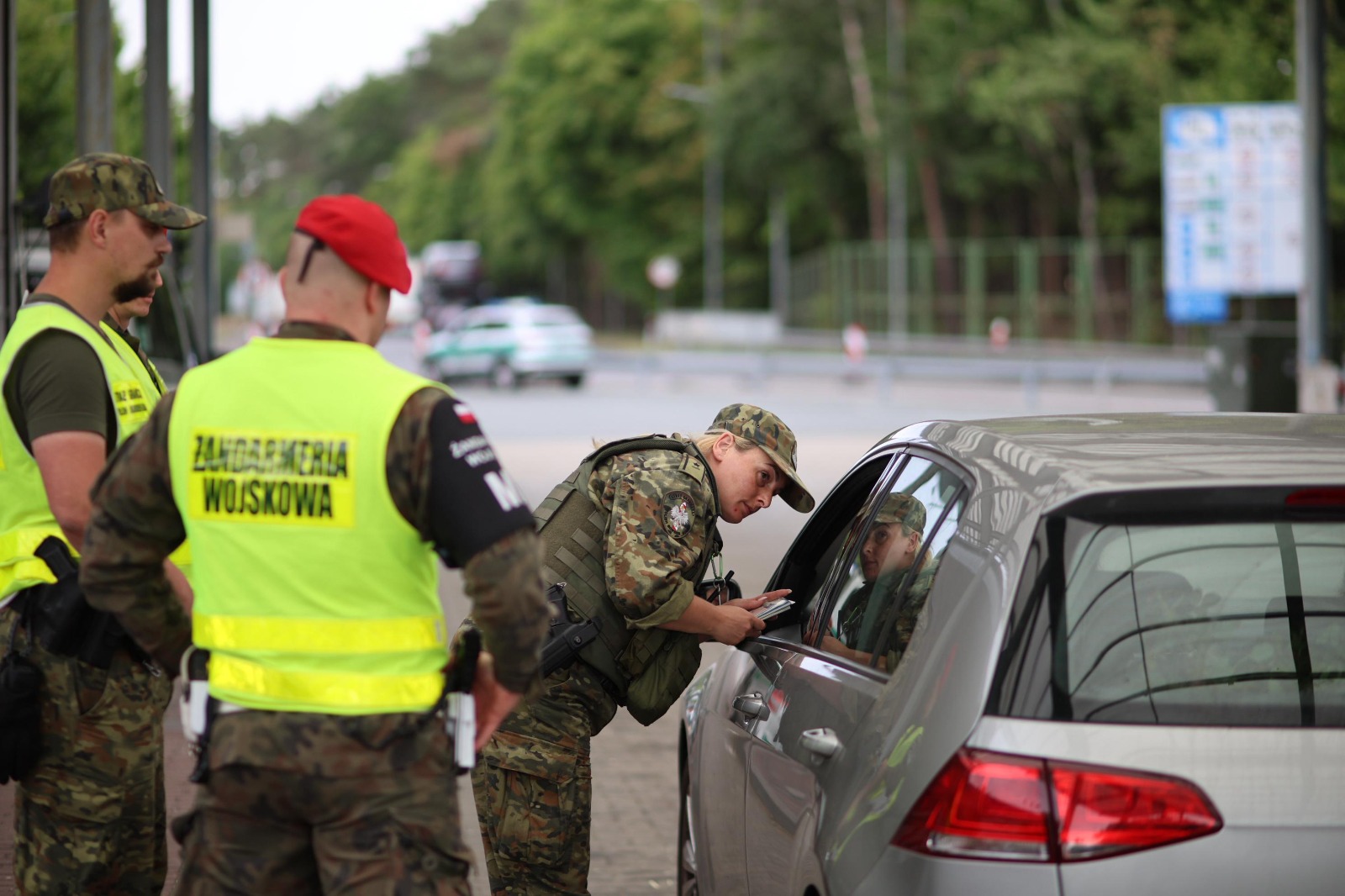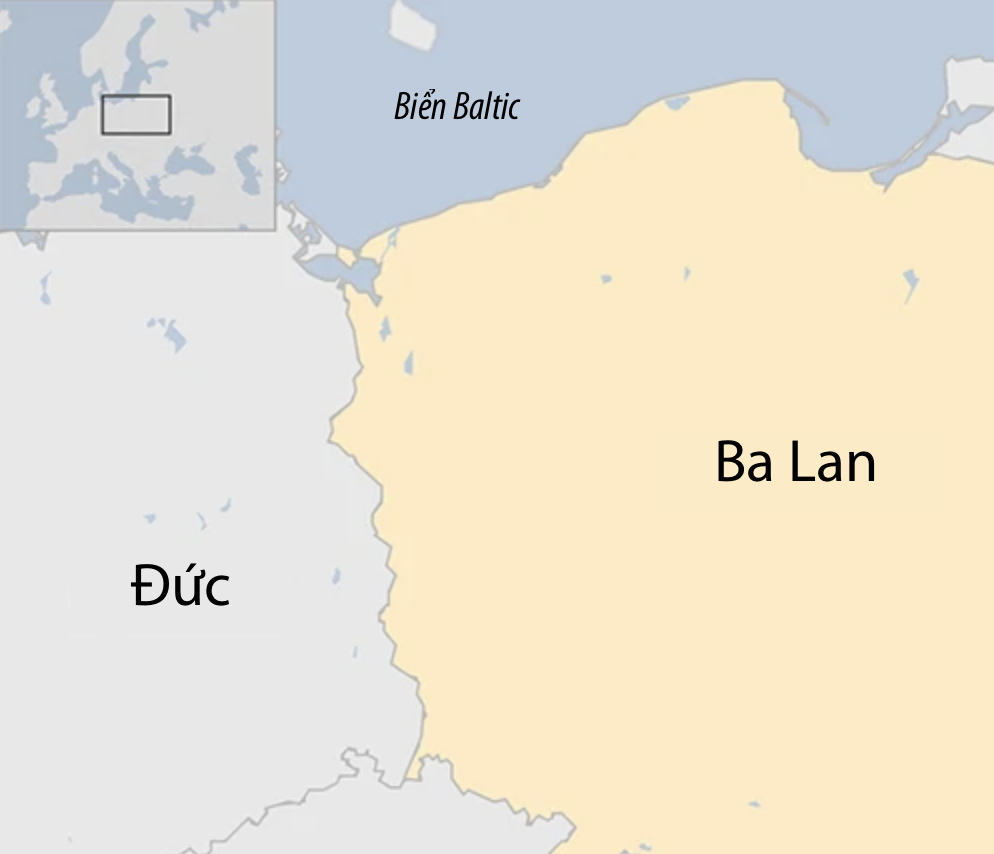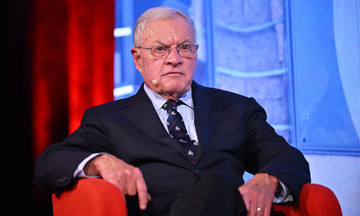"We are strengthening security. This is Poland's strong response to threats related to migration," Polish Defense Minister Wladyslaw Kosiniak-Kamysz posted on X on 7/7, emphasizing the military's role in border security.
Last week, the Polish government announced the reinstatement of border controls on its western border, effective until at least 5/8. With 65 checkpoints operational since the beginning of this week, the Polish military has launched "Operation Western Shield" to increase personnel preventing illegal crossings from Germany and Lithuania. Up to 5,000 troops could be deployed.
The Polish Defense Ministry’s magazine, Polska Zbrojna, reported the initial deployment includes 500 Territorial Defense Force soldiers and 200 military police, supporting approximately 800 border guards. Around 300 police officers are also involved.
"Poland is conducting selective checks of suspicious vehicles, focusing on buses and passenger cars. A total of 65 checkpoints have been established: 52 on the border with Germany and 13 on the border with Lithuania," the Polish Interior Ministry stated.
 |
Polish soldiers inspect vehicles from Germany at a border checkpoint on 7/7. Photo: Polish Interior Ministry |
Polish soldiers inspect vehicles from Germany at a border checkpoint on 7/7. Photo: Polish Interior Ministry
Border control tensions originated in 2023 when Germany implemented similar measures due to the flow of illegal migrants and asylum seekers entering through Poland.
In May, shortly after the new government of Chancellor Friedrich Merz took office, German Interior Minister Alexander Dobrindt ordered stricter border checks, allowing for the immediate rejection of asylum seekers at the border and their return to Poland.
Berlin's move has heightened disagreements with Warsaw. Anti-immigration movements accuse Germany of pushing migrants across the border into Poland, including those who had already crossed Poland to enter Germany and those seeking asylum in Germany via other routes, contradicting existing EU regulations. Germany denies these accusations.
Migration remains a contentious issue in European politics. In Germany, the far-right Alternative for Germany (AfD) party is gaining support by criticizing the government's immigration policies.
 |
The 467 km border between Germany and Poland. Graphic: BBC |
The 467 km border between Germany and Poland. Graphic: BBC
Poland, Germany, and Lithuania are all members of the Schengen Area, which allows free movement between member countries without border controls. This system has faced significant pressure since the surge in refugees in 2015 due to conflicts in the Middle East. Under Schengen rules, member states can temporarily reinstate border controls in emergencies.
Polish Prime Minister Donald Tusk declared his government "supports a borderless Europe", but emphasized the current measures are necessary to ensure the common interests of the entire EU and protect the bloc's external borders.
Interior Minister Tomasz Siemoniak affirmed the control measures are essential to prevent illegal migration through Poland. He warned that Warsaw is prepared to extend the tightened border security policy beyond 30 days if Berlin doesn't lift its border controls.
A spokesperson for Chancellor Merz commented that protecting borders against illegal migration is a "shared concern" of Germany, Poland, and other European neighbors. "We do not want to maintain border controls for an extended period," the German Chancellery stated.
Thanh Danh (Guardian, RT, Reuters)












